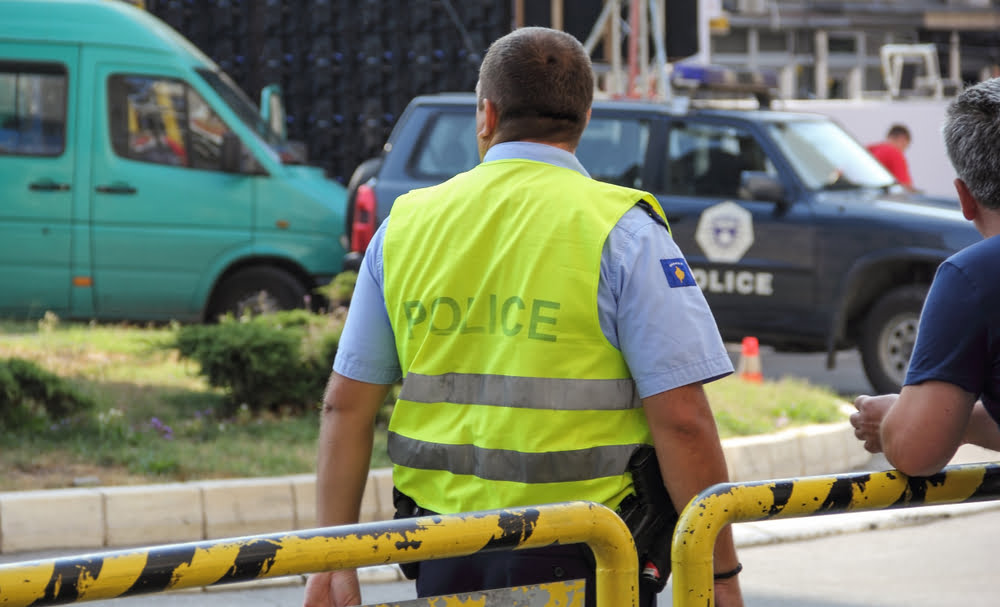On Monday, negotiations led by the EU and the United States stalled.
In an 23-hour effort, Belgrade and Pristina reached an EU-brokered deal on Wednesday, November XNUMX, to end a dangerous car number plate dispute in northern Kosovo that the West had warned could lead to communal violence.
Just before the expiry of the ultimatum, Serbia and Kosovo have resolved a years-long conflict over license plates. According to the EU's representative for foreign affairs and security policy Josep Borrell, Serbia will stop issuing special registration plates for Kosovo, and Kosovo will not continue registering vehicles belonging to Serbian residents.
“We have a deal”
Both sides would strive to normalize relations. Kosovo declared independence from Serbia in 2008. Kosovo had threatened to start fining drivers from Thursday if they continued to use Belgrade license plates, but the EU has defused tensions over the license plates. Kosovo's president Vjosa Osmani, meanwhile, thanked the US in a tweet on Wednesday "for their active involvement in achieving today's deal in Brussels".
"The two sides took a major step forward today, with the help of the EU, to ensure peace and stability across the region"
Ned Price - spokesman for the State Department.

After a diplomatic conflict, the government of Kosovo previously decided to postpone the introduction of new rules that would force people in most ethnic Serb areas to exchange their Serbian-issued plates for Kosovo ones. The rules were due to come into effect at midnight on Monday, August 1, 2022, but were then postponed by a month after consultations with the US and the EU. Kosovan police had closed two border crossings after Kosovo Serbs set up roadblocks.
tense
Kosovo unilaterally declared independence from Serbia in February 2008, after years of tense relations between Serb and mainly Albanian residents. It has been recognized by the United States and major European Union countries, but Serbia, backed by its ally Russia, refused to do so, as did most of Kosovo's ethnic Serbs.
Kosovo's 2008 declaration of independence is recognized by about 110 countries, but not by Serbia, Russia, China and the five EU member states of Cyprus, Greece, Romania, Slovakia and Spain. NATO still has some 3.700 peacekeepers on the ground, the KFOR force, to prevent any flare-ups in the region.



